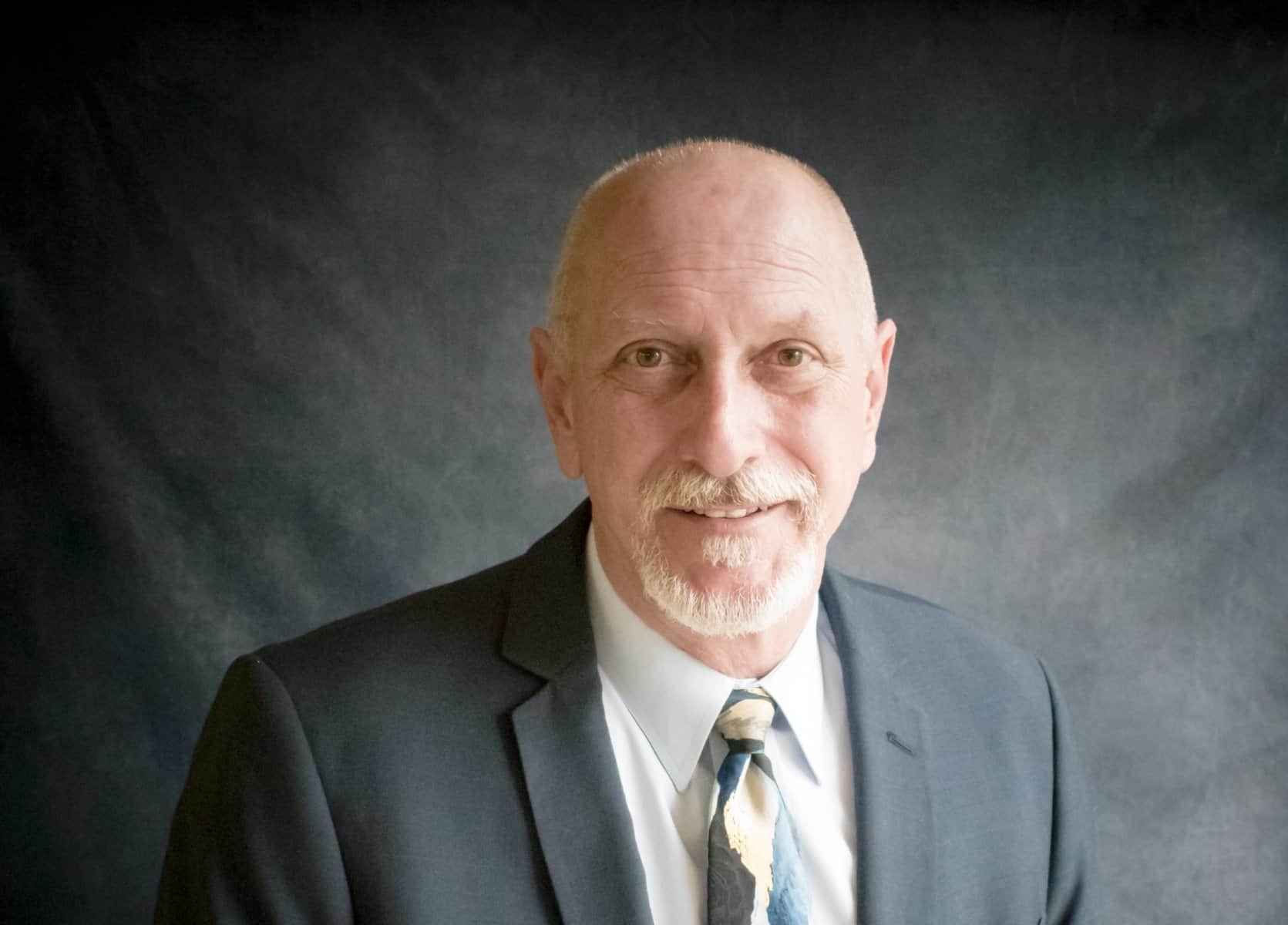EDISON – Residents of Edison may have a say on whether or not to change the township’s current form of government through a special ballot question in November.
Councilman Richard Brescher said he plans on moving forward an ordinance he requested Township Attorney William Northgrave to draft over a year ago at the next regular Township Council meeting on Feb. 9.
Brescher has been advocating for the implementation of a ward system, which he said would allow council members to meet all constituents.
“Every ward, every district in town could have a Joe Coyle,” he said at a meeting on Jan. 26. He has noted Coyle has been instrumental in the beautification and improvements on Amboy Avenue in the Clara Barton section of the township.
Coyle said he understands the move comes from residents who are not happy with their neighborhoods; however, he believes with the new leadership of Mayor Sam Joshi and his administration, “that is soon to change.”
“I am open to giving [Joshi] a chance to see what he can do over the next four months and giving the new council members a chance,” he said.
Brescher said he has many hopes for Joshi; however, he said he disagrees with the recent recommendations of a Realtor and developer on the Edison Zoning Board of Adjustment and reappointments to the Planning Board.
“For me to believe we’re putting the same people on the same boards and we’re going to change something, I disagree,” he said.
The council approved the appointments and reappointments at the meeting on Jan. 26. Brescher abstained from all the appointments except for the reappointment of Soltesz to the Planning Board.
If the council approves the ward system ordinance, residents will vote on a ballot question in November: Should Edison have a five-ward, four council-at-large system instead of the current system, which is seven at-large council seats?
If the question is approved, the four at-large seats would be up for a four-year term in the 2022 election, Northgrave said. In 2023, the five ward seats would be open for a two-year term. Then in 2025, the ward seats would be open again with the mayoral seat for full four-year terms.
Northgrave said no sitting council member would lose the terms they were elected for; however, members could choose to run for either a ward or at-large seat in the upcoming elections.
Some council members had questions about vacating their council seat if they chose to run for a ward seat. Also, they questioned whether or not the ballot could have more than one question on changing the number of ward and/or at-large seats.
Northgrave said he would look into the questions and have answers before the next council meeting.
If the council does not approve the ordinance, Brescher said residents can move forward with a petition for the ballot question similar to the successful petition for a public vote on whether the township should have permanent, public ownership, operation and management of its essential water and sewer systems in 2019.
The public, which spoke out against the proposed public-private partnership with Suez North America, garnered 5,000 votes in two months for the public question on the water and sewer systems.
Brescher said the public needs over 15%, or 3,000 signatures, out of 20,000 voters for the petition.
Ward System
Former Councilman Bill Stephens petitioned for a ward system ballot question under former Mayor George Spadoro’s administration. It was defeated in 2003 by 29 votes out of over 13,000 cast. Under the law, the township had to wait four years before it could be reintroduced as a referendum question.
The debate resurfaced in 2008 under Mayor Jun Choi’s administration.
The nine-member ward system would divide the township into five districts, each with a representative on the Township Council. There would be four council members chosen at large to provide balance, but the system would do little to fundamentally change the mayor-council relationship.
A statute sets forth the Commission of Board of Elections to create a Ward Commission made up of redistricting commissioners, according to Township Attorney William Northgrave. The redistricting commissioners are made up of members of the Board of Elections, representatives of the township’s Democratic and Republican parties and the municipal clerk.
“The commissioners will determine where the lines go,” Northgrave said. “Wards have to be contiguous and equal in size. For Edison with 100,000 people, five wards would presumably have 20,000 people.”
Legislation allows for 2.5% deviation either way – lesser or larger – in population of each ward, he said.
“There is no formal role for the sitting council and mayor to be involved in the process,” Northgrave said.
In an article in NJ Municipalities Magazine Article on forms of government in 2007, Michael F. Cerra, who at the time was a senior legislative analyst for the New Jersey League of Municipalities and is now the executive director, said there is no best form of local government.
“While municipalities with larger populations tend to adopt a Faulkner form, many municipalities continue under other forms of organization which best serve the special needs of their communities,” he wrote. “By maintaining a wide range of choices, New Jersey municipalities continue the process of improving local government administration.”
Contact Kathy Chang at [email protected].

